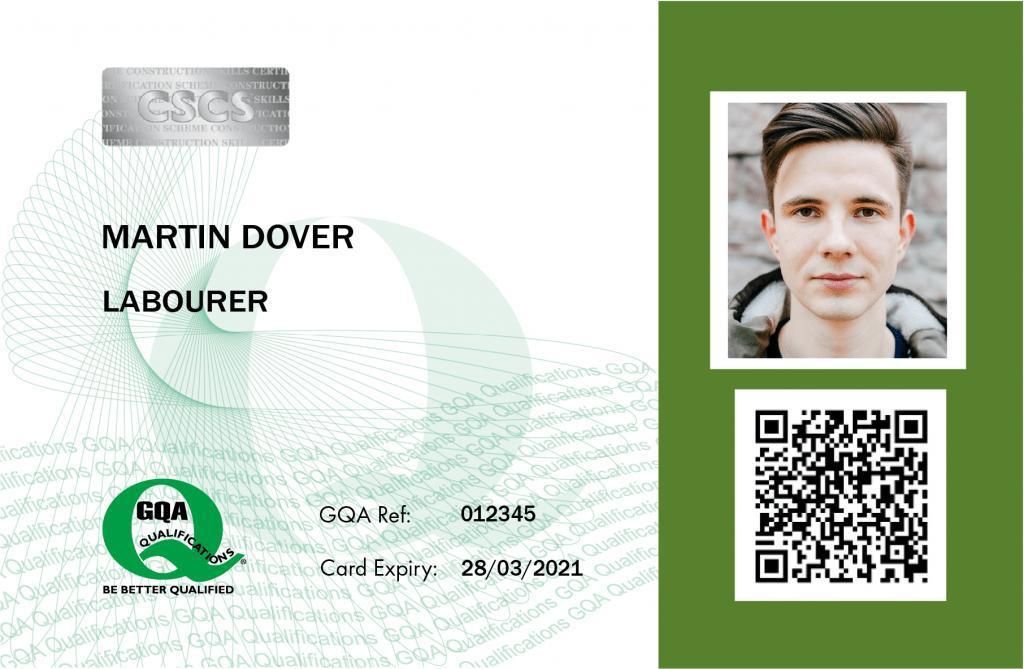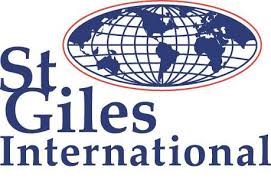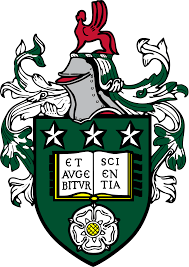Understanding the complexities of the future has become a critical skill for leaders, policymakers, and professionals across all industries. Future Studies and Foresight provide structured methodologies for analyzing trends, anticipating changes, and developing strategic responses to emerging challenges. This course offers participants a comprehensive foundation in the principles, tools, and applications of foresight, enabling them to navigate uncertainty and drive long-term success in their respective fields.
The discipline of Future Studies integrates elements of strategic planning, systems thinking, and scenario analysis to identify potential futures and their implications. By using systematic approaches, professionals can assess risks, opportunities, and transformative trends shaping industries, societies, and economies. The ability to anticipate and proactively respond to change has never been more important, as global disruptions, technological advancements, and socio-economic shifts redefine the way businesses and governments operate.
Participants in this course will explore key foresight methodologies, including horizon scanning, scenario planning, trend analysis, and Delphi techniques. These methods empower decision-makers to develop resilient strategies and prepare for multiple possible futures. A proactive approach to future studies enhances an organization’s ability to innovate, mitigate risks, and adapt to emerging challenges with confidence and agility.
Practical case studies and real-world examples will illustrate how foresight is applied in different sectors, such as government policy, corporate strategy, sustainability, and technological innovation. Through interactive sessions and hands-on exercises, attendees will gain experience in using foresight tools to analyze complex problems and formulate forward-thinking solutions.
Moreover, this course emphasizes the ethical and societal implications of foresight, ensuring that participants understand the broader responsibilities associated with anticipating the future. Ethical considerations, stakeholder engagement, and the role of inclusive decision-making will be examined to equip learners with a holistic understanding of responsible foresight practices.
By the end of the program, participants will have developed the skills necessary to conduct foresight exercises, influence strategic planning processes, and contribute to long-term organizational success. Whether working in corporate leadership, government policy, or academia, attendees will be better prepared to shape the future rather than simply react to it.




















































